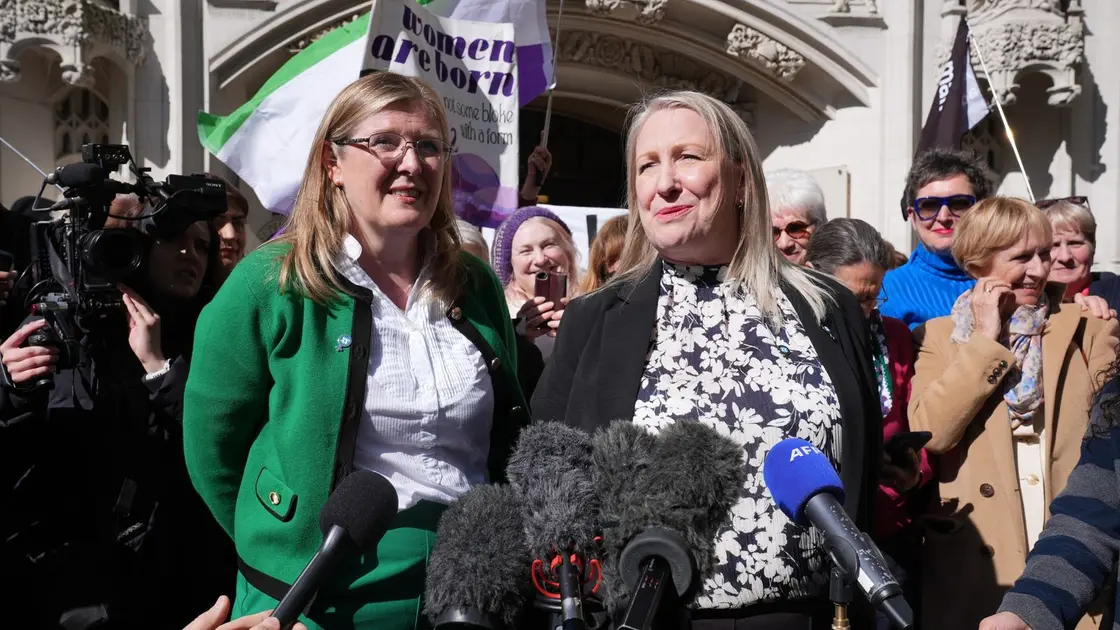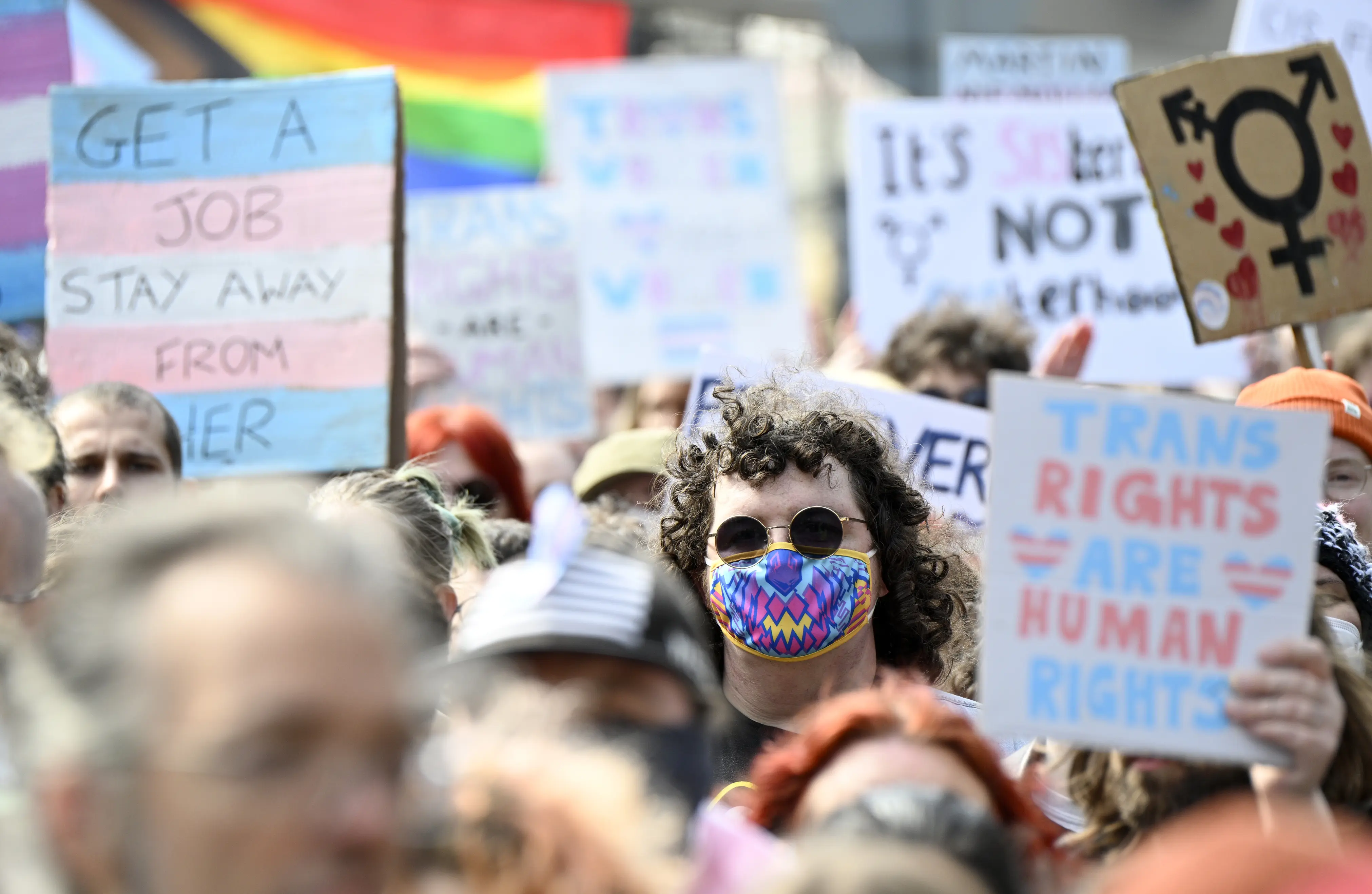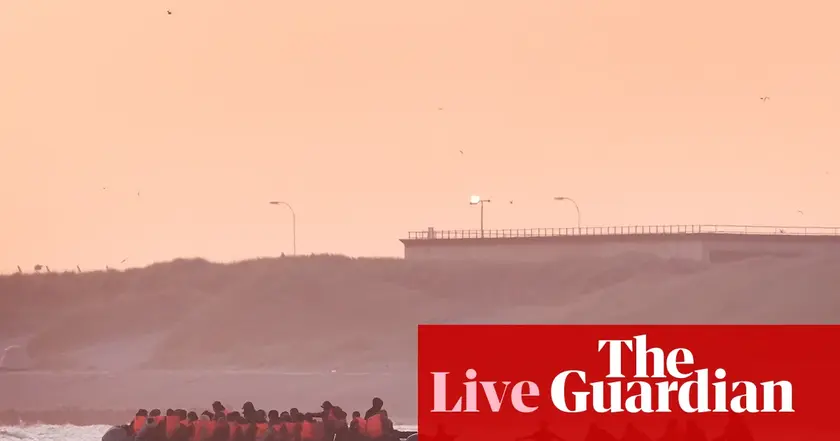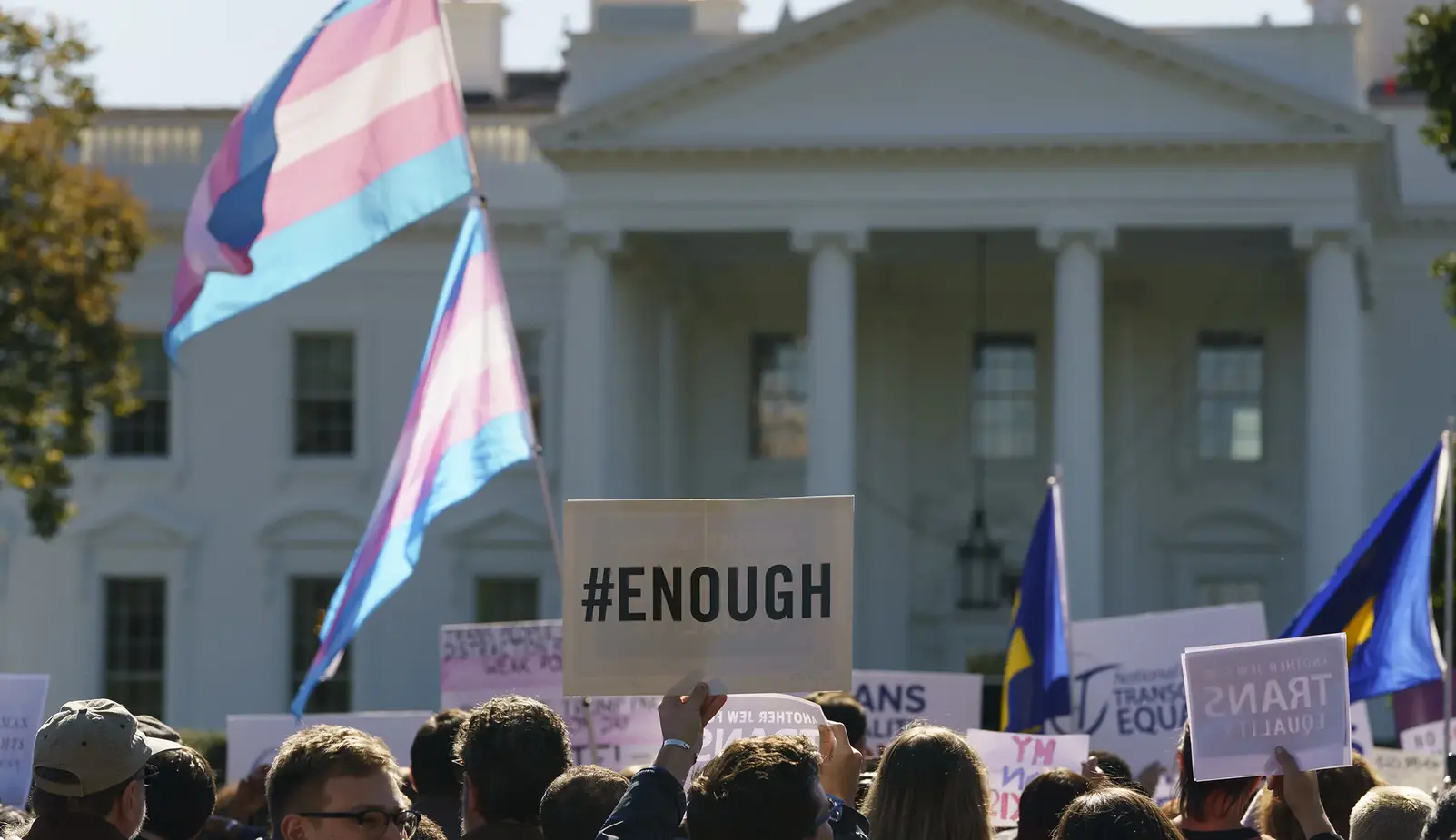T4K3.news
Scottish gender ruling prompts new legal challenge to school and prison policies
A court challenge targets guidance on transgender pupils and prison policy in Scotland after a Supreme Court ruling on biological definitions.

For Women Scotland argues that guidance on transgender pupils and prison policy breach the Supreme Court ruling that defines sex as biological.
Scottish gender ruling prompts new legal challenge to school and prison policies
A campaign group that won a landmark April ruling has opened a fresh legal front in Scotland. The UK Supreme Court decision said the terms woman and sex in the Equality Act 2010 refer to biological woman and biological sex. Four months later, For Women Scotland has filed an ordinary action at the Court of Session, challenging Holyrood's guidance on transgender pupils in schools and the Scottish Prison Service policy on managing transgender people in custody. The group argues the policies are inconsistent with the ruling and should be judged unlawful. Ministers say it would be inappropriate to comment on live court proceedings and note the government has 21 days to respond to the summons.
Details of the policies show the friction at stake. Guidance for single sex toilets in schools says pupils should, where possible, use the facilities they feel most comfortable with. In prisons, a transgender woman can be admitted to the women’s estate if she meets violence against women and girls criteria and is not deemed an unacceptable risk to others. FWS is seeking a declarator that the guidance and policy are unlawful and requests suspension while the case proceeds.
Key Takeaways
"Nothing has persuaded the government to take action and both policies remain stubbornly in place, to the detriment of vulnerable women and girls, leaving us little choice but to initiate further legal action."
FWS statement on ongoing policies
"If the policies have not been withdrawn by then we will lodge the summons for calling, and the government will have to defend its policies in court."
FWS timetable in proceedings
"We are asking that both policies are suspended in the meantime."
FWS request for interim relief
"It would be inappropriate to comment on live court proceedings."
Scottish government response to the case
This dispute tests how Scotland translates a high court decision into everyday policy. It pits the aim to protect women and girls in single-sex spaces against the rights claims of transgender people, a balance with no easy answer. A ruling in FWS’s favour could push the government to rewrite guidance quickly; a defeat might embolden activists who seek broader changes to policy.
Beyond the court room, the case highlights how policy work in sensitive areas can become a political issue. The government must manage a public conversation while legal rules are tested, and any outcome could influence funding, training, and how institutions handle disputes in schools and custody.
Highlights
- Policy clarity is needed not political theater
- Law should guide practice not politics drive policy
- Rights clash but safety and fairness must be the baseline
- When courts define terms policies must follow with precision
Policy sensitivity and potential political backlash
The case sits at the crossroads of gender rights, single-sex spaces, and public policy. A ruling could trigger political backlash, affect public reaction, and influence budgets and policy direction in Scotland.
Policy clarity will shape how this debate moves from courtrooms into classrooms and custody blocks.
Enjoyed this? Let your friends know!
Related News

Scottish ministers face legal action over policies

Trans judge seeks rehearing after ruling on biological sex

Trans lawyers challenge UK ruling at European Court of Human Rights

UK asylum hotel clash reshapes local politics

Terengganu to jail missing Friday prayers

Polling shows British support for strict anti-immigration policies

Biden's Title IX changes face legal challenges

Labour councils map legal routes to end asylum hotels
